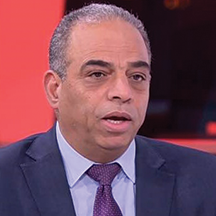The hidden potential of Jordan’s small firms for driving a green transition
For Jordan, a green transition represents an enormous transformative opportunity. But a decade-long increase in the use of renewable energy has not freed the country of its economic woes. This column explores the currently underused yet potentially powerful force of micro, small and medium-sized enterprises – and proposes policies that could improve the investment climate and clear legislative and regulatory barriers.


